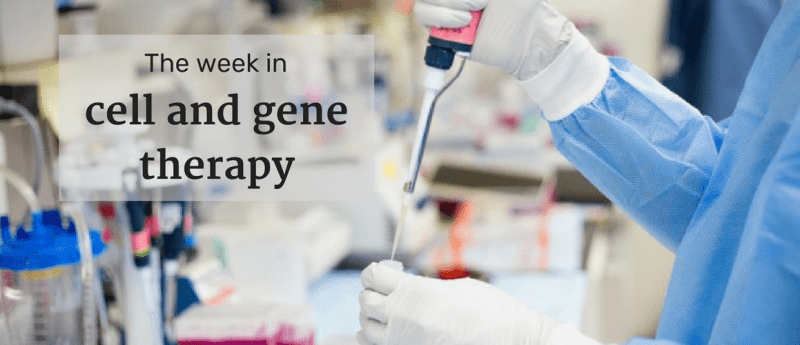Cell therapy weekly: Cell therapy to be available in Taiwan by the end of February

This week: Will anti-PD-1 checkpoint inhibitors improve immunotherapy response rate or will a novel small molecule that alters tumors cells be the key?
The news highlights:
Cell therapy to be available in Taiwan by the end of February
Will anti-PD-1 checkpoint inhibitors improve immunotherapy response rate…
…or will a novel small molecule that alters tumors cells be the key?
Cell therapy to be available in Taiwan by the end of February
In a statement, Taiwanese government officials have indicated that some cell therapies could be available to patients by the end of the month. Following an amendment to the “Regulations Governing the Application of Specific Medical Examination Techniques and Medical Devices” in September 2018, six types of cell therapies, including T-cell immunotherapies and CD34-selected peripheral blood stem cell transplants, could be available. Indications include blood cancers and defects, and degenerative joint diseases.
Read more (Editor’s note: a primary source for the statement could not be obtained)
Will anti-PD-1 checkpoint inhibitors improve immunotherapy response rate…
A combination therapy, developed by AIVITA Biomedical, Inc. (CA, USA), could improve survival in patients who usually don’t respond to immunotherapies. In a phase II trial, levels of PD-1, a protein which regulates the immune response and suppresses T-cell activity, were monitored. In patients that were nonresponsive, PD-1 levels were found to be 150,000 times higher, on average. This indicates combining immunotherapy with an anti-PD-1 checkpoint inhibitor could improve patients response.
“Exorbitantly high levels of PD-1 appear to be interfering with T cell activation in the non-responsive 28% of our treated patients,” commented Gabriel Nistor, Chief Science Officer at AIVITA. “This suggests anti-PD-1 checkpoint inhibitors could be used to counter this inhibiting effect and allow our immunotherapy to work in patient populations that would otherwise be unresponsive.”
…or will a novel small molecule that alters tumors cells be the key?
On the other side of Atlantic, Grey Wolf Therapeutics (Oxford, UK) has secured £10 million in series A financing to develop a small molecule that targets the presentation of endoplasmic reticulum aminopeptidases (ERAPs) to ‘illuminate’ tumor cells. This could improve the response rate for existing immunotherapies as well as expand the range of cancers that can be targeted.
Peter Joyce, Chief Executive Officer of Grey Wolf Therapeutics, explained: “The recent breakthroughs in immunotherapy have fundamentally changed the treatment landscape in oncology, but the fact remains that current approaches only target the minority of tumors that are visible to the immune system, whilst the vast majority of cancers do not respond. There is strong validation for targeting ERAPs to increase tumor visibility and with these funds we are now positioned to build on our existing work and collaborations to deliver a clinical candidate in the coming two to three years.”
For more weekly cell therapy news, read previous editions of the cell therapy weekly.